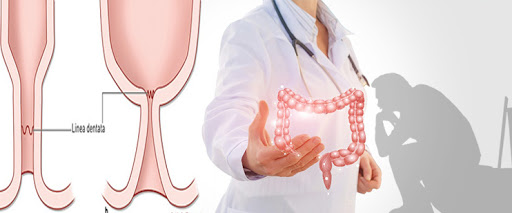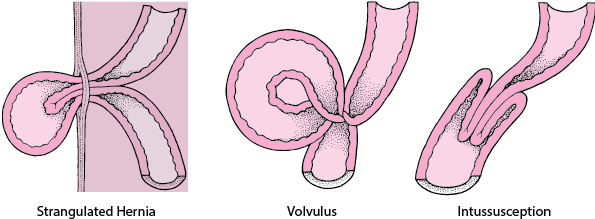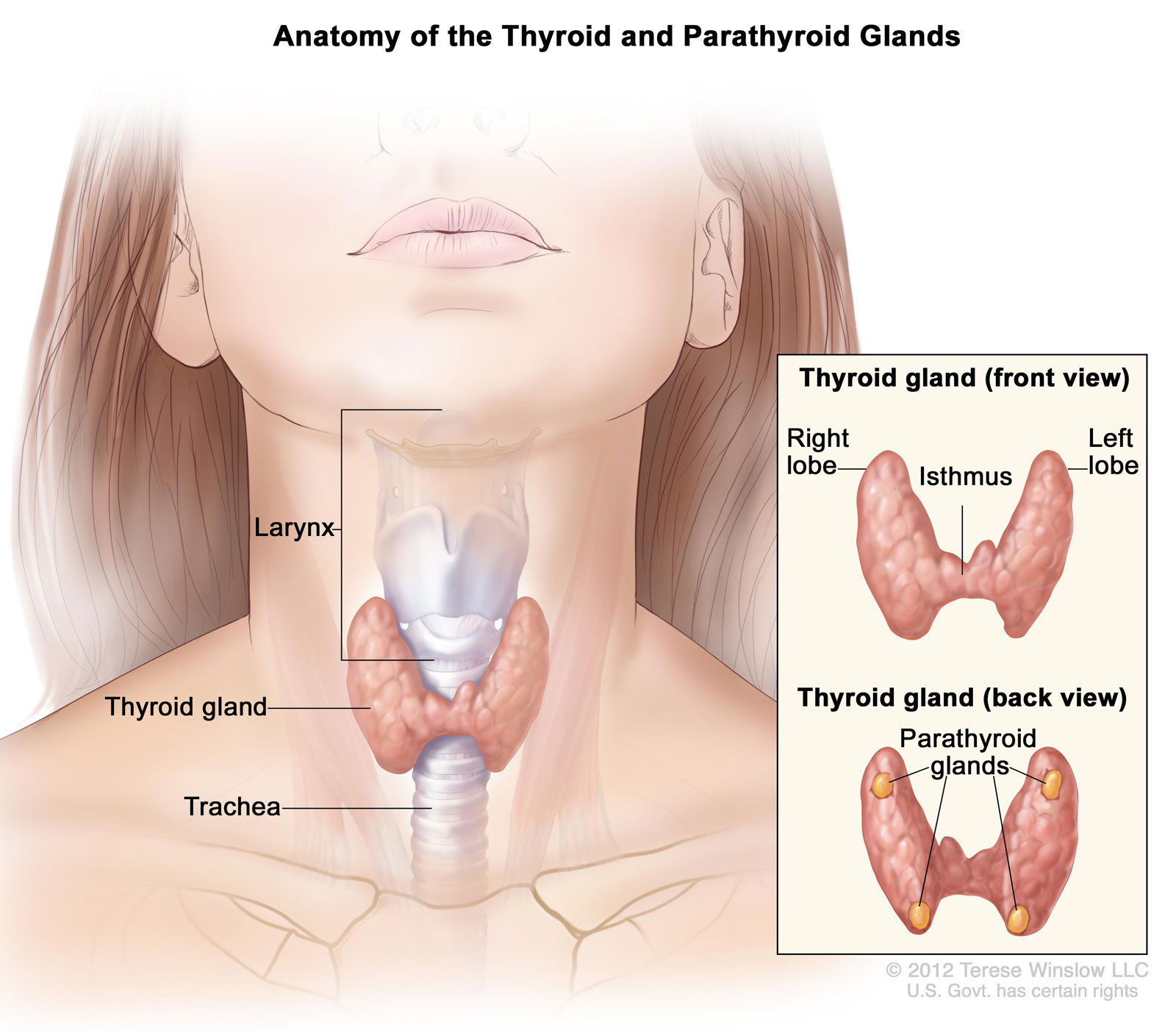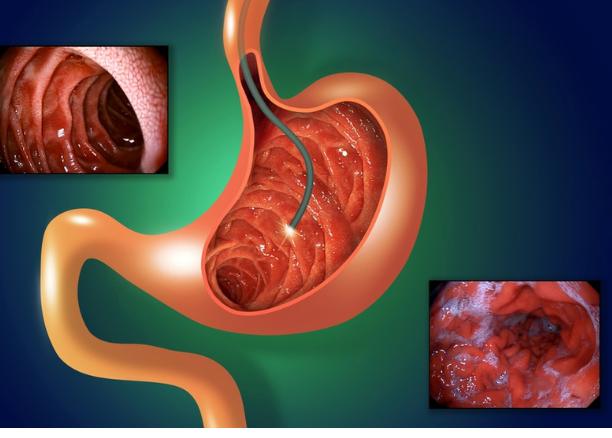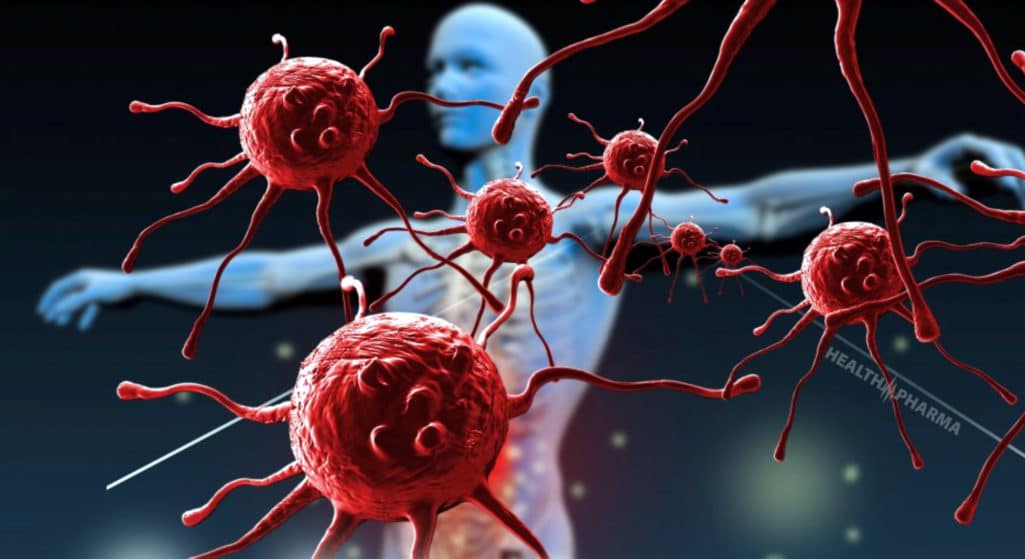
Appendix Cancer
A Forgotten Cancer Is Increasing in Young People
Until recently, appendix cancer was so rare that most doctors would encounter it once or twice in their careers.
It usually affected older people, and few young people even knew that this cancer existed. But now, the data is changing – and worryingly so.
According to a new study published in the scientific journal Annals of Internal Medicine, cases of appendix cancer have increased significantly in people born after the 1970s. Young people under 50 now account for about a third of cases, a particularly high percentage compared to other types of digestive cancer.
This cancer is difficult to detect. It often has no symptoms at all or has vague signs, such as mild abdominal pain or bloating, symptoms that are usually not cause for concern. Most patients only learn the truth after appendicitis surgery, when it is too late for early diagnosis, reports Science Alert.
Why are the cases increasing?
There is still no clear answer to the reason for the increase in cases. Changes in our lifestyle and environment in recent decades may play a role. Obesity, a sedentary lifestyle, the consumption of processed foods, and the increased use of chemicals and plastics seem to be associated with an increased risk.
Also, changes in the gut microbiome, possibly due to excessive use of antibiotics, are another possible cause.
The problem is that there is no established screening for this cancer. The disease is rare, and the appendix is difficult to visualize with standard tests, such as colonoscopy or simple CT scans. So, the only way to prevent it at the moment is to be vigilant.
Doctors recommend not ignoring persistent or unusual abdominal symptoms, especially in people under 50. The earlier the problem is detected, the better the chances of treatment.
The increase in appendix cancer is part of a broader trend observed in other gastrointestinal cancers, such as colon and stomach, which are also occurring more frequently at younger ages.
Prevention, education, and attention to body signs are essential, along with a healthy diet, physical activity, and avoiding smoking and alcohol.






